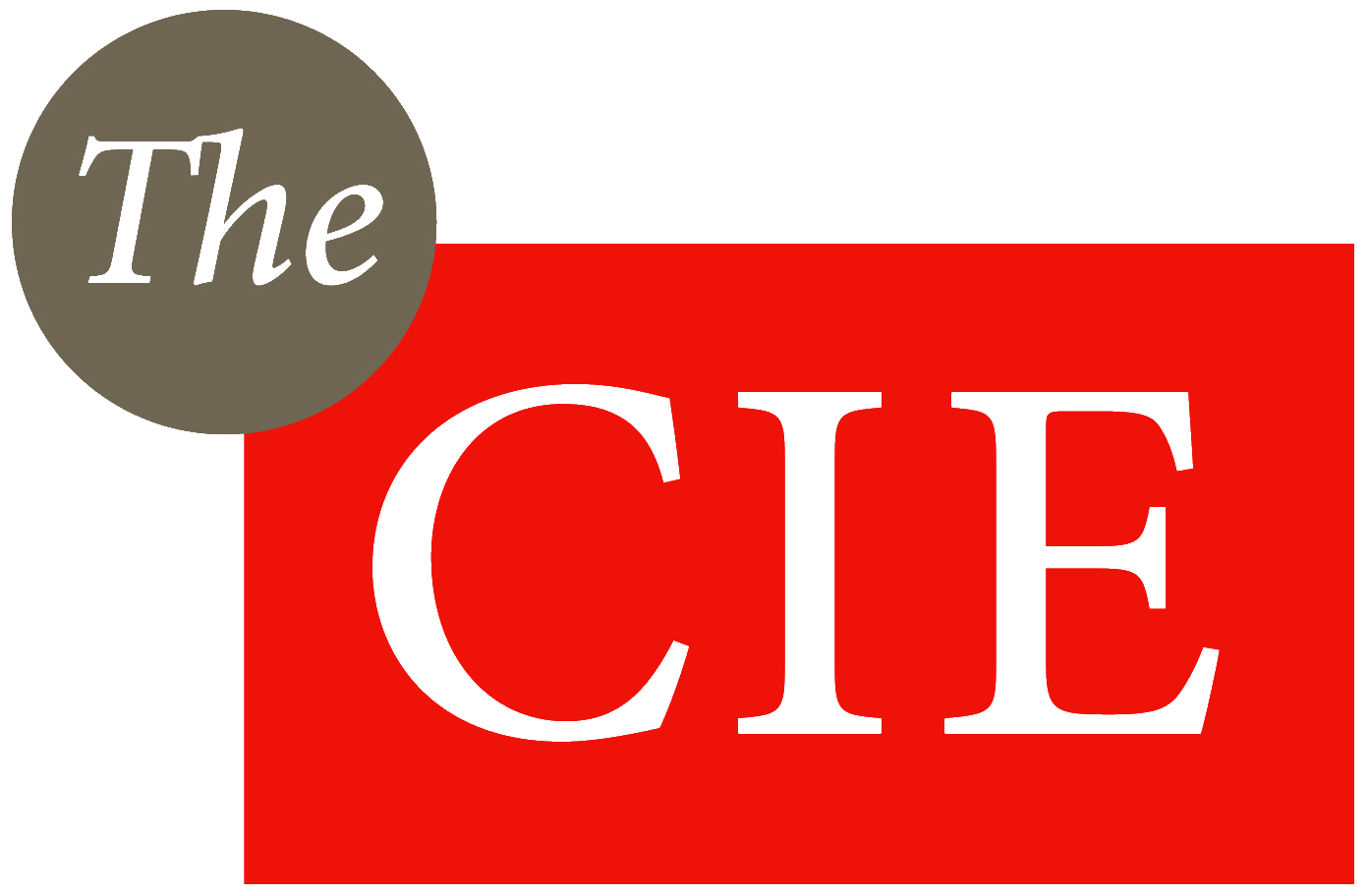Choice modelling database
Twenty five years ago, The CIE conducted one of the earliest choice modelling studies on environmental valuation in Australia. Today, we remain committed to using state-of-the-art survey and econometric techniques where they can help our clients understand consumer preferences for products and services that are not traded in markets.
The purpose of this page is to make it easy for practitioners to find and use values from our publicly-available research for their own demand forecasting or cost-benefit analysis work. It provides estimates of willingness to pay (or demand elasticities), as well as important contextual information about survey timing, location, sample size, and the range of attribute levels used in the research. If you would like to discuss how to use these values or options for conducting new choice modelling research, please contact us.
Jump to:
Environment
Recycling small electrical and electronic equipment
Conducted March-April 2023
N=4507 (Australia)
Department of Climate Change, Energy, the Environment and Water
Recycling photovoltaic solar systems
Conducted March-April 2023
N=4107 (Australia)
Department of Climate Change, Energy, the Environment and Water
Litter and illegal dumping
Conducted September-November 2021
N=3017 (NSW, Victoria and Queensland)
New South Wales Environment Protection Authority, Sustainability Victoria, and Queensland Department of Environment and Science
Carbon abatement and co-benefits
Conducted November 2021-January 2022
N=4357 (Australia ex NT)
Water Services Association of Australia
Energy and water
Water supply reliability
Conducted Aug-Sept 2018
N=782 households, 319 businesses (Greater Sydney)
Sydney Water
Sewerage service reliability
Conducted Aug-Sept 2018
N=809 households, 305 businesses (Greater Sydney)
Sydney Water
Average WTP of $3.03 per household per quarter for a program to install digital meters.
Average WTP of $4.61 per household as a one-off payment for a program to improve water pressure to 130 worst-served customers.
Water supply reliability
Conducted May-June 2021
N=674 households (Lower Hunter)
Hunter Water
Sewerage service reliability
Conducted May-June 2021
N=617 households (Lower Hunter)
Hunter Water
Average WTP $2.17 per household per year for 10 years for a program that would fix water pressure for 2500 properties who would otherwise experience occasional low water pressure events.
Average WTP $4.24 per household per year for 10 years for a program that would fix water pressure for 300 properties who would otherwise experience frequent low water pressure events.
Flexible load electricity tariffs
Conducted Oct-Nov 2023
N=721 (Canberra)
Evoenergy
The chart provides examples. For choice model parameters, see the full report.
New products
Housing in Victoria
Conducted Aug-Oct 2022
N=6072 (Greater Melbourne, Geelong and Ballarat)
Infrastructure Victoria
Electric vehicles
Conducted Aug-Sept 2018
N=3021 (Australia)
Australian Automobile Association
Accessible housing
Conducted Dec 2019 - Jan 2020
N=2062 (Australia)
Australian Building Codes Board
Average WTP $40 per household per year for government actions increasing the share of accessible housing from below 5% to 15% of overall housing by 2035, which would greatly improve the chances of Australians with limited mobility finding suitable homes.
Other public infrastructure
Public facilities
Conducted June-Aug 2022
N=3086 (Greater Sydney)
NSW Department of Planning, Industry & Environment
Boating infrastructure
Conducted Jan-Feb 2019
N=1648 (NSW boat users, owners and/or licence holders)
Transport for NSW
